Year 1
Summer 2, 2025
Welcome back! We hope you had a lovely break! We have lots of exciting learning planned for the next half term and we can't wait to get started.
Start time – 8:40am Pick-up time- 3:15pm
A fruit snack is provided every day for our Year 1 children. Alternatively, children may bring their own fruit (no bananas). Please ensure that your child brings a named water bottle to school each day and that sun cream is applied before coming to school. Also, please ensure all items of uniform are clearly labelled.
If you have any questions, concerns or worries, please contact me at year1@cpa.dsat.education and I will do my best to respond as soon as I can.
Please follow the link below to view information from the Year 1 Beginning of Year Welcome Meeting.
Please follow the link below to view information from the Key Stage 1 Reading Information Meeting.
Please follow the link below to view information from the Phonics Screening Check (PSC) Meeting.
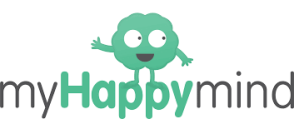
We are continuing to deliver a program to all year groups at school called myHappymind. myHappymind is all based around helping children to understand how their brain works and to support them in developing positive skills and habits to be their very best selves!
Please click on the link below to access an overview of what the program entails.
myHappymind Parent information
At the end of every myHappy mind session, we finish with our Let Your Light Shine prayer, which you can find below.
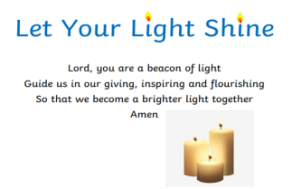
Here is what we will be learning this half term:
Curriculum focus: Geography - The World

Our theme this half term will focus on developing our geographical knowledge, skills, and vocabulary. Through our study, we will learn about world geography, building the children’s understanding of scale from the local area, to the UK, to the world. We will name and locate the world’s seven continents and five oceans, and use world maps, atlases, and globes to identify the United Kingdom and its countries, as well as the countries, continents and oceans.
English – Reading

As a school we follow the Read, Write, Inc programme to deliver our phonics teaching.
Please access the links below to learn how and why we teach phonics in our school.
What is Read, Write Inc Phonics?
We also have lots of information on our school's phonics page, which you can access here.
English – Goldilocks and Just The One Bear
Our writing this half term will be based on the book Goldilocks and Just The One Bear by Leigh Hodgkinson.
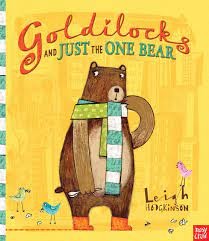
Many years have passed since Goldilocks caused chaos at the Bears' house in the woods, but what happens when Little Bear wanders out of his fairy tale and into the big city where Goldilocks now lives?
Goldilocks is now grown up with a family and a rather smart apartment, so how will she react to coming home and finding that a very lost bear has been scoffing porridge, breaking chairs, and sleeping in beds? Will she be cross, or is it finally time to make amends?
We will engage in a variety of writing opportunities, including writing a new version of the story with a new character.
Spelling
We use our Read Write Inc. phonics knowledge to help us to spell when we are writing. Some words do not follow our spelling rules and we just have to learn them. The link below shows the words which appear frequently in our reading and writing. Year 1 are working towards being able to read and write these words by the end of the year 1.
Maths
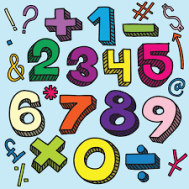
This half term we will be developing our knowledge of money, multiplication and division, and capacity and volume.
We will focus on knowing and remembering our Key Instant Recall Facts (KIRFs). More information about our school KIRFs can be found here Our Maths Page.
Please click on the link below for Year 1 KIRFs (Key Instant Recall Facts). We are currently working on Summer 2. By the end of this half term, children should know number bonds for each number up to 20.
If you have any questions about these areas of Maths please do not hesitate to come and speak to us.
Please click the link below for a Number bonds to 20 Game and a Time Game to support children with their instant recall facts.
R.E. – Judaism - Chanukah - Does celebrating Chanukah make Jewish children feel closer to God?
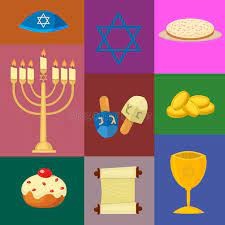
In RE, we will study Judaism and explore the question 'Does Chanukah make Jewish children feel closer to God?' We will learn to empathise with Jewish children by understanding how it feels for them to take part in Chanukah activities.
Science – Animals
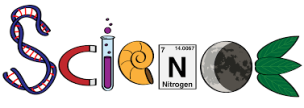
In our learning, we will learn to:
● Identify and name a variety of common animals including fish, amphibians, reptiles, birds and mammals
● Identify and name a variety of common animals that are carnivores, herbivores and omnivores
● Describe and compare the structure of a variety of common animals (fish, amphibians, reptiles, birds and mammals, including pets).
Seasonal Changes -
● We will revisit the same outdoor space as in our last seasonal change lesson to observe changes.
● We will learn that summer is the warmest season of the year, when the sun is highest in the sky, the days are longest and some flowering plants produce fruit.
We will answer the lesson question: ‘How has our space changed over the year?’
Design & Technology – Structures - Constructing a windmill
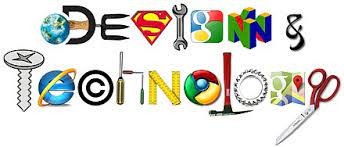
In our lessons, we will learn what a structure is. We will follow a design criteria to meet the needs of a user and make a stable structure. Furthermore, we will make functioning sails/blades that attach to the supporting structure and identify ways to improve our windmill.
Computing – Grouping and Sorting
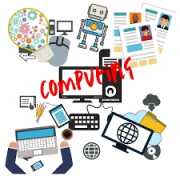
In our computing lessons this half term, we will learn:
• To begin to think logically about the steps of a process.
• To sort items using a range of criteria.
To sort items on the computer using the ‘Grouping’ activities in Purple Mash.
• To bring together logical thinking and the use of technology.
• To introduce the term ‘algorithm’ to describe logically following a process
P.E. – Orienteering

In PE, our focus is Orienteering. In our learning, we will develop foundational map reading skills, learn to orient ourselves, and understand basic map symbols. We will also learn about following directions and using simple maps for navigation, as well as safety procedures and rules.
Our PE day is Tuesday. Please ensure that your child brings their correct (named) P.E. kit to school on that day to change into after lunch. For health and safety reasons, please can children remove jewellery on PE day or provide plasters to cover earrings if this is not possible and ensure long hair is tied back away from the face.
P.S.H.E. - The Fiver Challenge
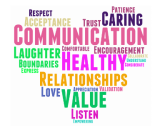
This half term we will be learning about enterprise and creating a class product or service to sell at the Summer Fair. Year 1 have decided to make dream catchers and will be spending our £5 on resources. Our shop name is 'Rainbow Dreams'.
Music - Let's Perform Together
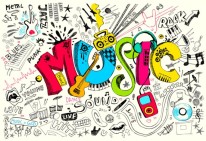
Our music theme is 'Let's Perform Together'. We will learn that singing, dancing, and playing together is called ‘performing’. Performing together is great fun!
We will explore the question: How Does Music Teach Us About Looking After Our Planet?
Singing and listening will be at the heart of each lesson. We will play, improvise, and compose using a selection of these notes: C, D, E, F, G, A, B.
NUMBOTs – Every day 10 minutes
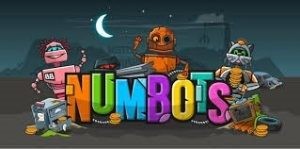
NumBots is an on-line programme to boost addition and subtraction skills. It is available on a range of devices, you can play online at Numbots Game or download the Numbots app. Playing little and often will significantly improve your child’s recall and understanding of number bonds and addition and subtraction facts. These are critical foundations in maths so we are excited by the impact Numbots will have. In order to get the best out of NumBots children should regularly play for short bursts of time over the week. Children will receive a golden ticket for accessing their Numbots for 15minutes or more each week.
If you have misplaced your log in details or are having trouble accessing the website, please email me to let me know.
READING – Every day 10 minutes
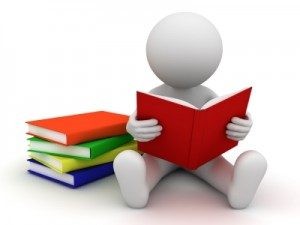
Please continue to enjoy your reading each day. Reading is fun and a great way to spend time together with your family, as well as developing our imaginations. Encourage your child to talk about what they have read and ask them a question or two about the book. This will help consolidate their comprehension work in school. Adults, please remember to record what your child reads at home in their reading record. We will count all entries in the reading diaries and award golden tickets to those who have read 20 times or more in a month.
Please send your child's reading book and reading record to school each day. We love to hear the children read in school and this will support us to promote reading throughout the day.
Our book change day is Thursday.
OXFORD OWL – One book a week
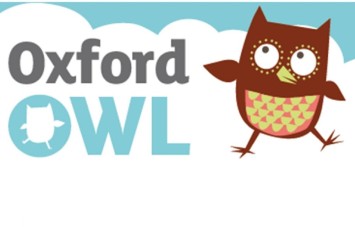 Oxford Owl is an e-book library to boost reading skills. Once your book has been read there is a short fun quiz to complete afterwards. Children will receive a golden ticket for every book they complete. Click on the link below to access Oxford Owl;
Oxford Owl is an e-book library to boost reading skills. Once your book has been read there is a short fun quiz to complete afterwards. Children will receive a golden ticket for every book they complete. Click on the link below to access Oxford Owl;
Oxford Owl for School and Home.
If you have misplaced your log in details or are having trouble accessing the website, please email me to let me know.
As always, thank you for your continued support with your child’s learning.
Mrs Slack - Teacher
Mrs Jones and Mrs Barnes - LSA's
